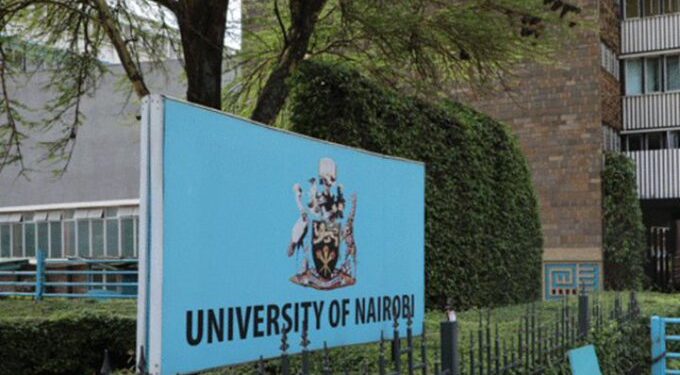The government has urged university students to call off the planned demonstrations, which have been the subject of discussion. President Ruto’s administration has been placed under the microscope for introducing a higher learning education funding model that’s totally discriminatory and an element of classism in Kenya.
He himself held a town hall meeting with students to clarify what the model entails, but that has since fallen on deaf fears, as parents, students, and a section of education experts have withheld their criticism over what they term a government’s plan to destroy the future of peasant children.
University students across the country had issued joint demonstrations beginning tomorrow, 9th September, to compel the government to cancel the new funding model. Last, the University of Nairobi students took their frustration to the streets to push for the scrapping of the model in the question.
The new funding model places students based on their economic background status. It’s been classified into five bands, whereby the first band is the most vulnerable and the government caters for almost everything. Band five is the least vulnerable, and parents or sponsors are only expected to up 30% of the total payable fees.
However, when placing the students into various bands according to what the government says is based on the accurate data on social status, some of the most vulnerable students found themselves placed in band five. Orphans, single parent students, and PWDs are the most vulnerable.
The government has since failed to explain how they collected the data and how some students ended up finding themselves in the wrong bands. According to the Ministry of Education, the data were collected based on the routine transactions, solely attained from the Kenya Revenue Authority (KRA). But how did they know, yet some parents aren’t using the cashless modes? That’s the question that the government has failed to answer.
The government, through the Cabinet Secretary for Education, Dr. James Ogamba, announced the formation of a team to review the new funding model and urged the students to call off their planned demonstrations slated for tomorrow.
The ministry of education has also acknowledged various forums that have been held through the media outlets to engage the students on burning matters pertaining to the new model to arrive at consensus. The engagement has hit the bedrock, which prompted various student bodies to call for the nationwide demonstrations.
“One of the salient outcomes of the various forums has been the call to integrate students even more in the decision-making process. This call has been at the heart of the recent student concerns, culminating in the announcement of the demonstrations planned for 9th September, 2024.”
Thus, for greater efficiency and to achieve meaningful student participation and involvement, the Ministry is constituting two time-bound Working Committees that will draw membership from the student leadership, in addition to experts and other relevant stakeholders.” read the press.
Despite the challenges the students have been facing, some university vice chancellors have applauded the government for coming up with the new model, which has lifted them from the debt hole. Many public universities were not able to run their programs effectively due to a shortage of funds to pay the staff. Hundreds of billions were owed to the KRA.
— Julius Ogamba (@juliusogamba_) September 8, 2024







